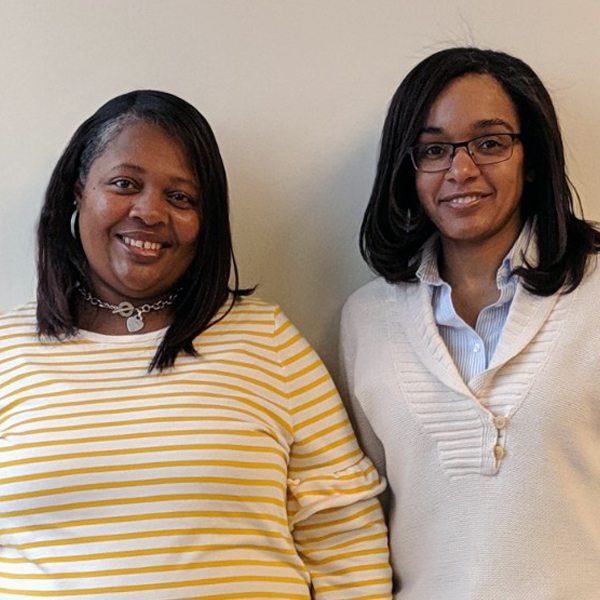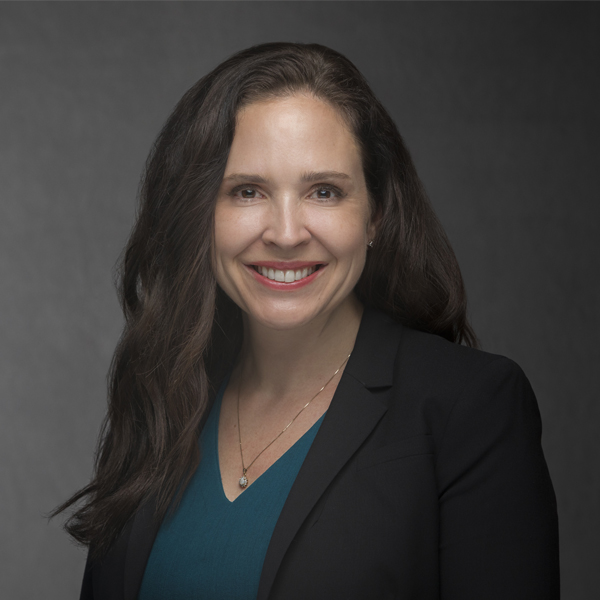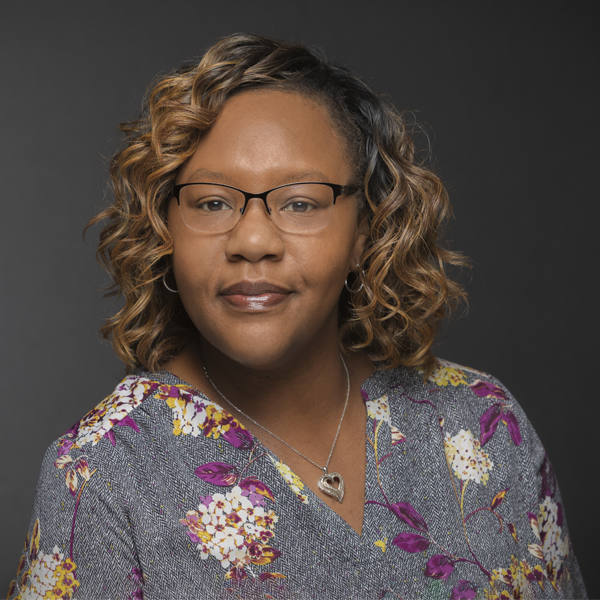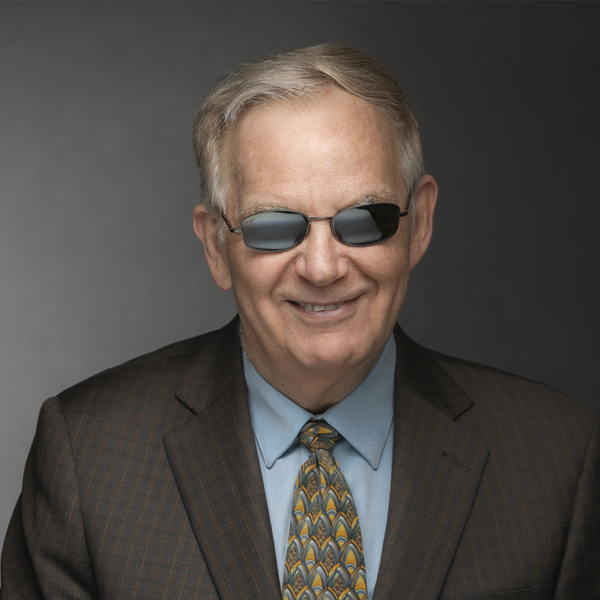I wasn’t introduced to a lot of diversity, and probably the diversity that was there, I just wasn’t aware of.
Even after years as a legal professional in the relatively urban city of Omaha, she still wished for more connections. “I lived in Nebraska when I became a member of the Association of Legal Administrators (ALA). At the time, I was the administrator at a small to medium size firm in Omaha and it was a way to connect with others. When I moved to the Washington, D.C. area around 2004, I thought the association would be good to get more involved and to network with local vendors and other administrators. That’s really the reason I joined back then—to share knowledge and resources.”
Ellen says at the time, national ALA began providing guidance to the individual chapters on starting a diversity and inclusion committee and the work you could do at local chapters. “When the Capitol Chapter put out feelers to the membership about who might want to join, I immediately jumped at the opportunity to become a member of that inaugural group.
Washington, D.C. is obviously incredibly diverse compared to a little, rural Iowa town, so for me to get involved in ALA’s Diversity, Engagement, Inclusiveness, and Accessibility Committee (DEIA) was to expose myself to different cultures and different elements of diversity that I hadn’t known about.
“I primarily joined to expand my own cultural awareness, and I didn’t have the depth or understanding of the oppression and ugliness that is the reality for many underrepresented groups. I probably knew about individual acts of aggression, meanness and racism, but I didn’t necessarily completely understand the elements of systemic oppression.”
Much has changed for Ellen both personally and professionally since she joined the Capitol Chapter’s diversity committee. For one, in addition to serving on Kutak Rock’s National Inclusiveness and Diversity Committee, she’s served on the ALA DEIA committee at the national level and further, she’s now the chair of the committee. “My journey has changed since I initially joined, with the committee and what my current level of knowledge and awareness is, and what changes I might be able to influence within my own space.
I think most of us, myself included, think we can’t change the world, an entire metro area, or even a law firm, but I think each of us has an incredible amount of influence in our everyday lives.
“Much of the work I do on the DEIA Committee is geared toward helping law firms that want to start making these changes, but also work toward helping peers gain knowledge and have access to more resources. Because we don’t know what we don’t know until we know. And so, a lot of the work we do is in helping the ALA membership become more inclusive, and also helping individual members who are typically firm administrators or other firm leaders. It’s a way to highlight resources for those who want them, and even those who don’t because they don’t yet know that work is needed in their law firms.”
On top of her work for Kutak Rock and ALA, Ellen is working on several articles for print, including one for a legal management magazine on how to be an anti-racist workplace. “I almost think it’s impossible, but I also think one of the things an organization must do—and I think Kutak Rock is here—is be able to look at itself and see where the systemic kind of oppression exists or discrimination exists. Thirty years ago, we were probably a firm that said, ‘It doesn’t exist here. We are pro-women, pro-diversity, and so on.’ Today we’re more willing to look at where these things do exist within our organization and are willing to see it and change it. Today, I see a lot of people in leadership saying, ‘We see it and we’re going to do everything we can to dismantle it.’”




